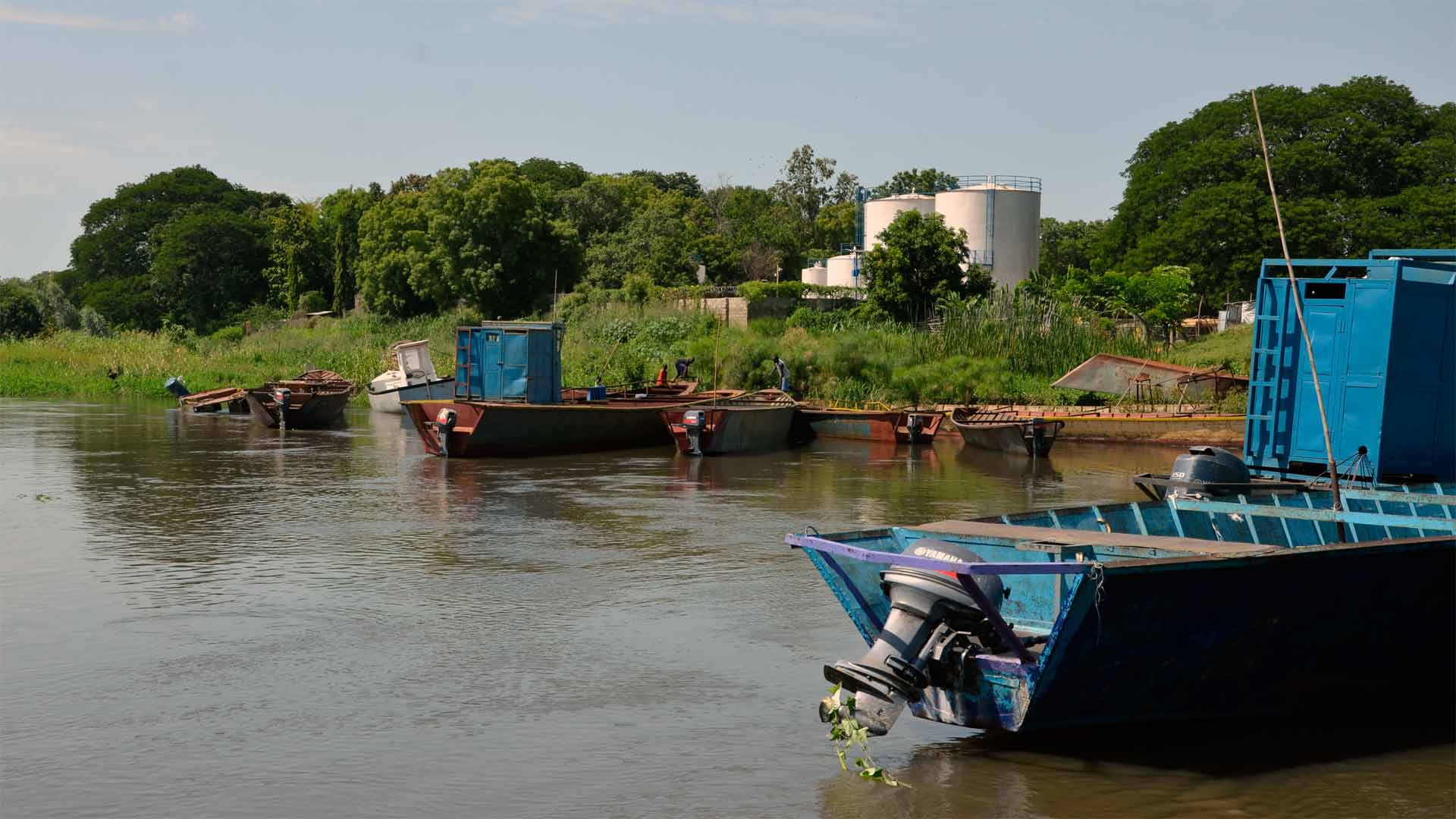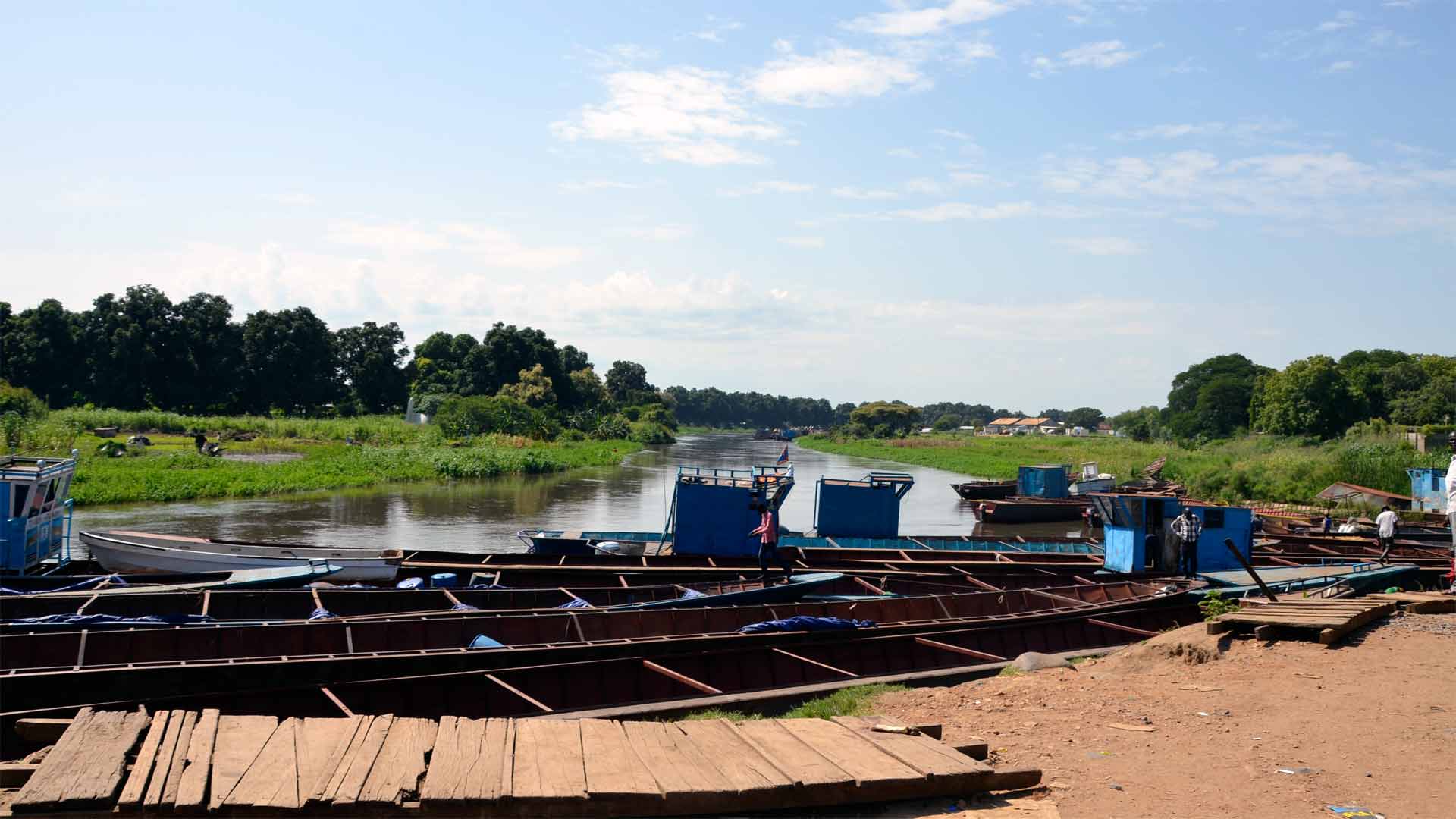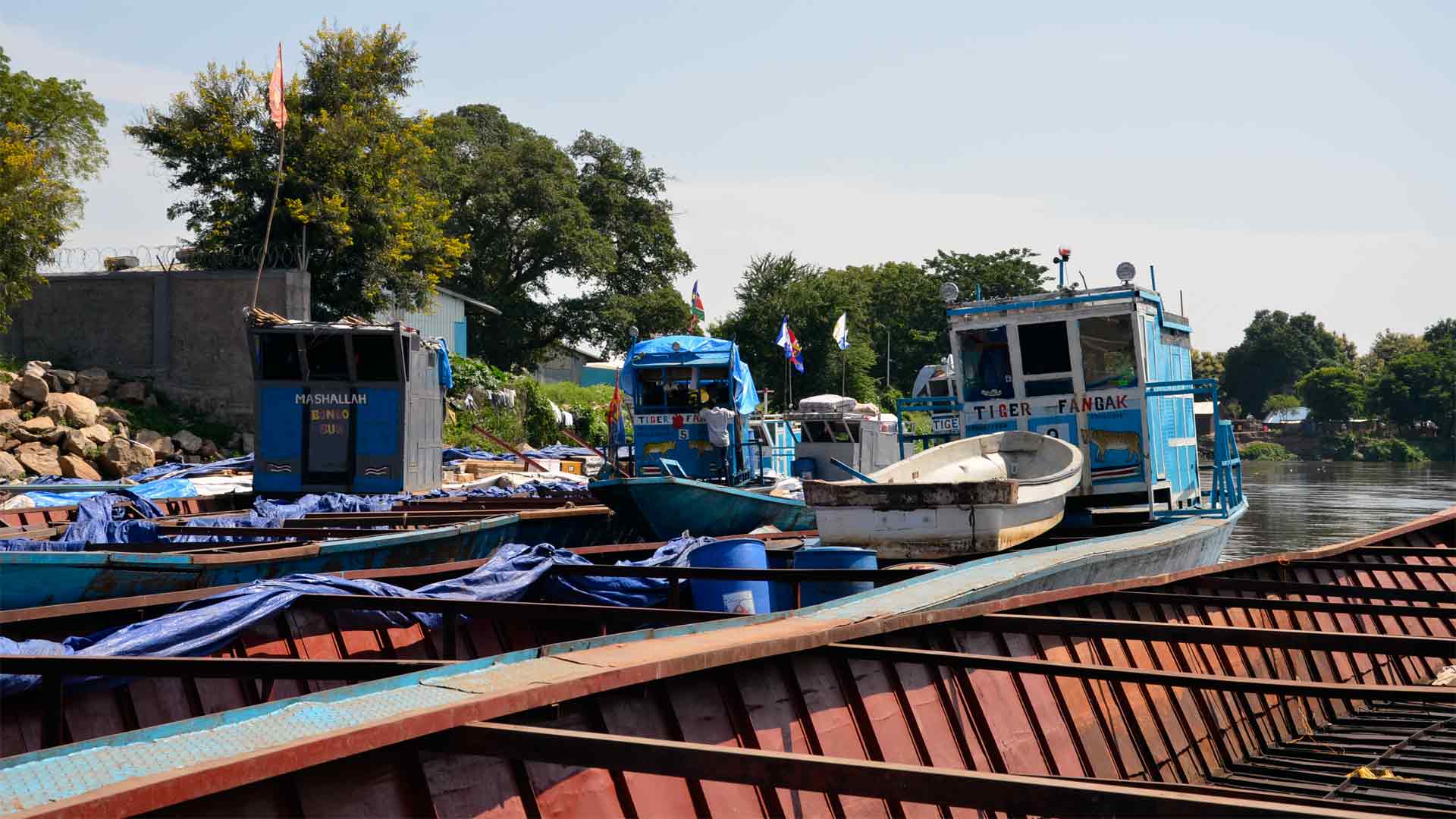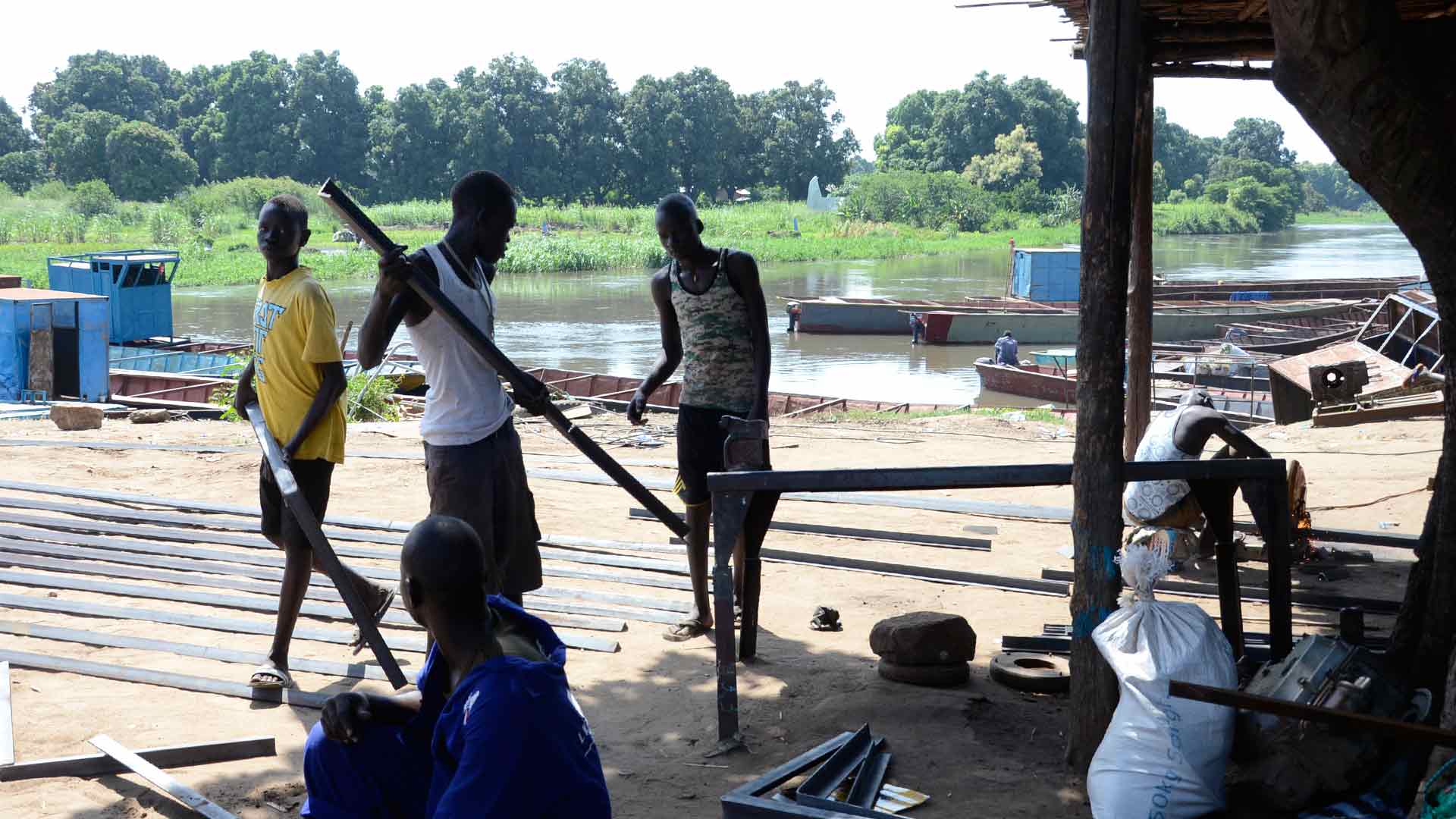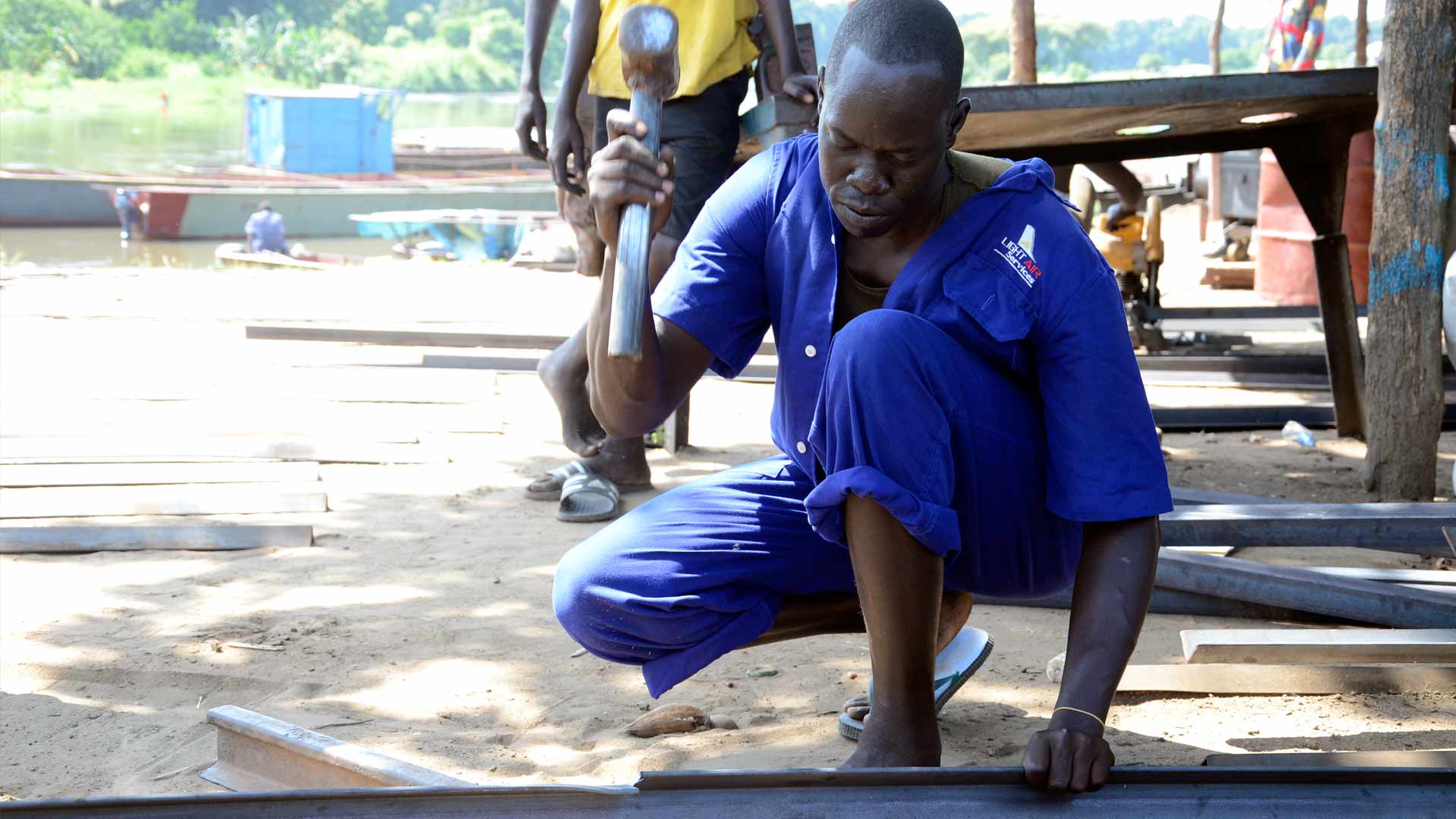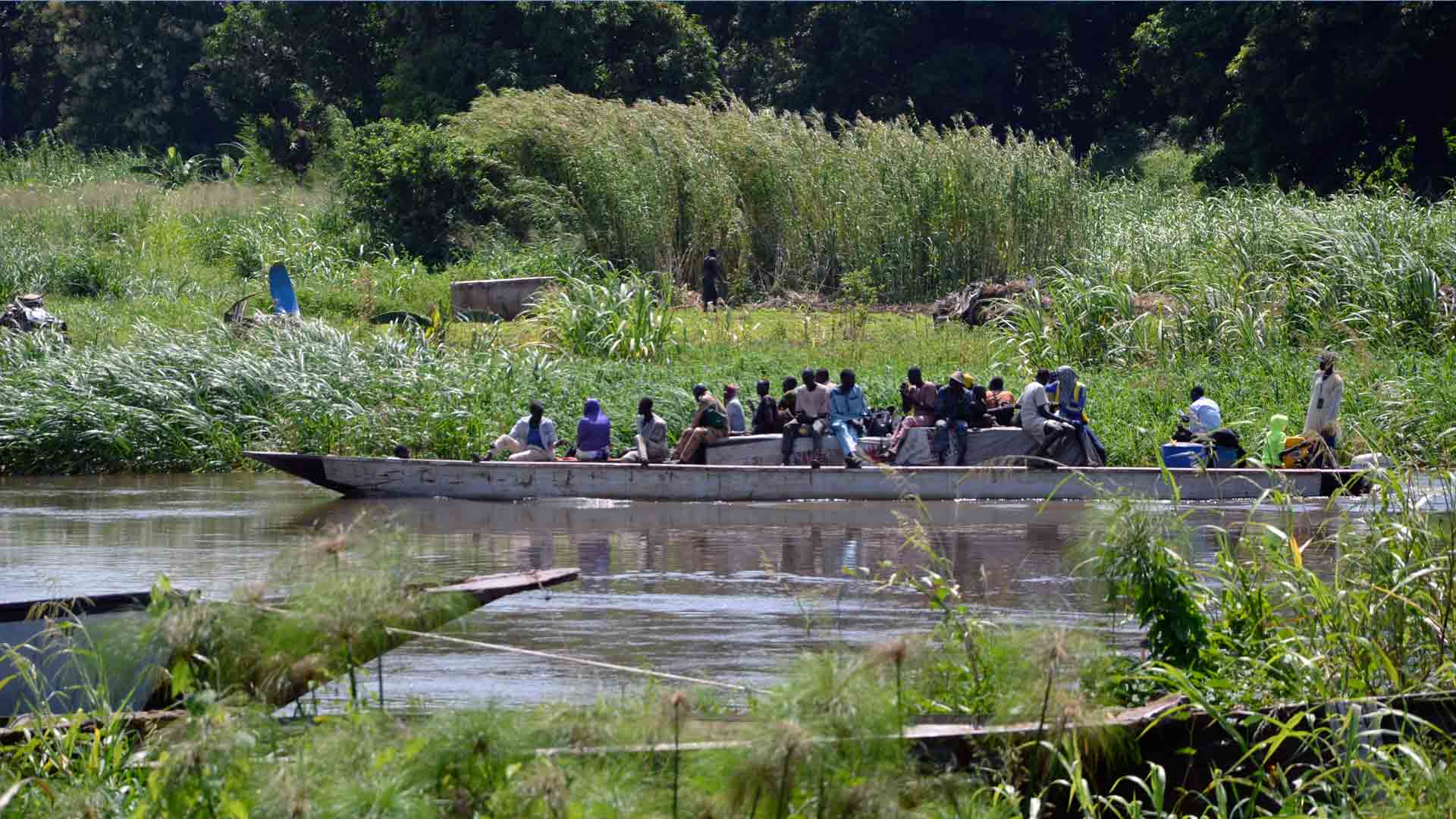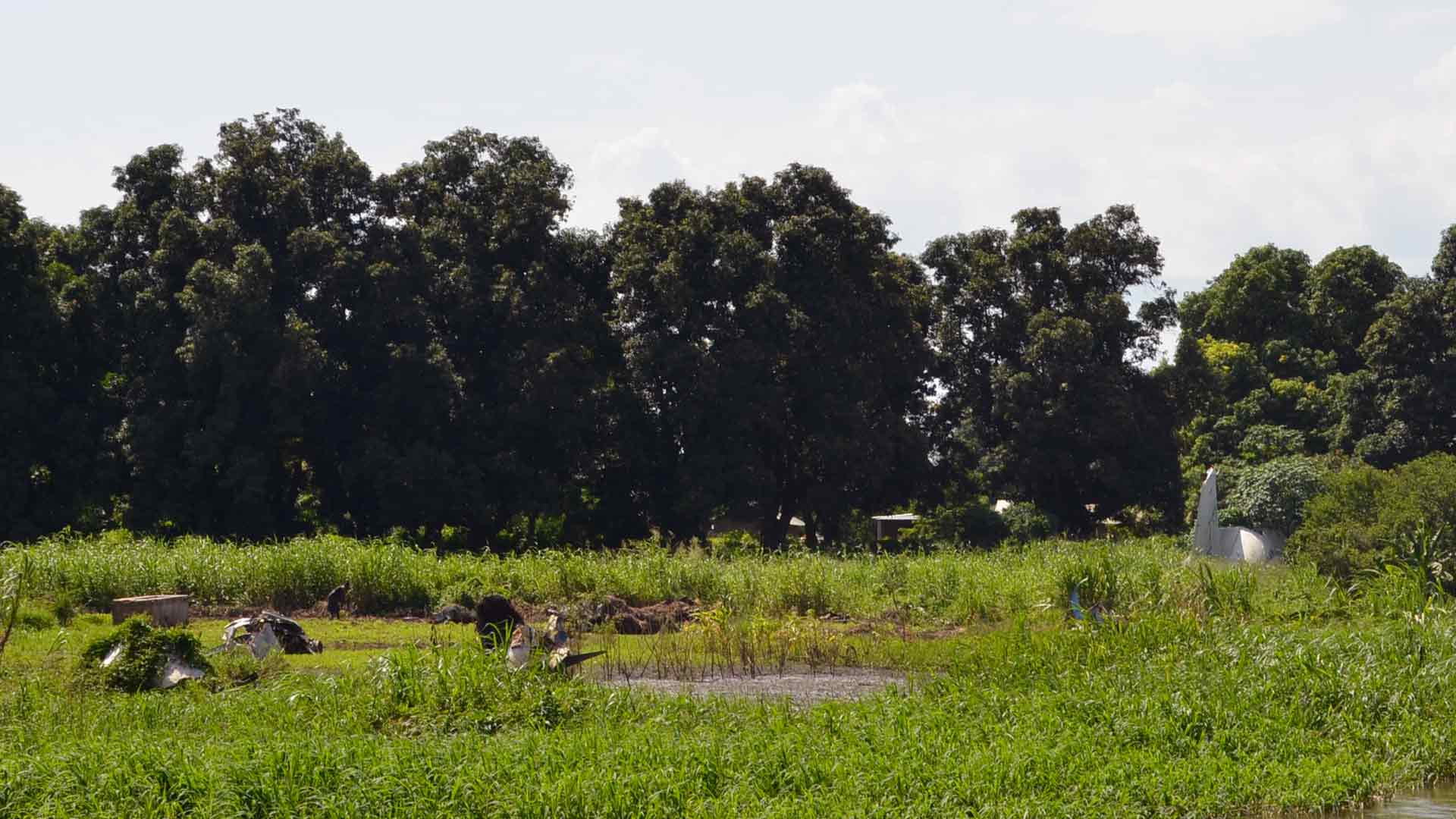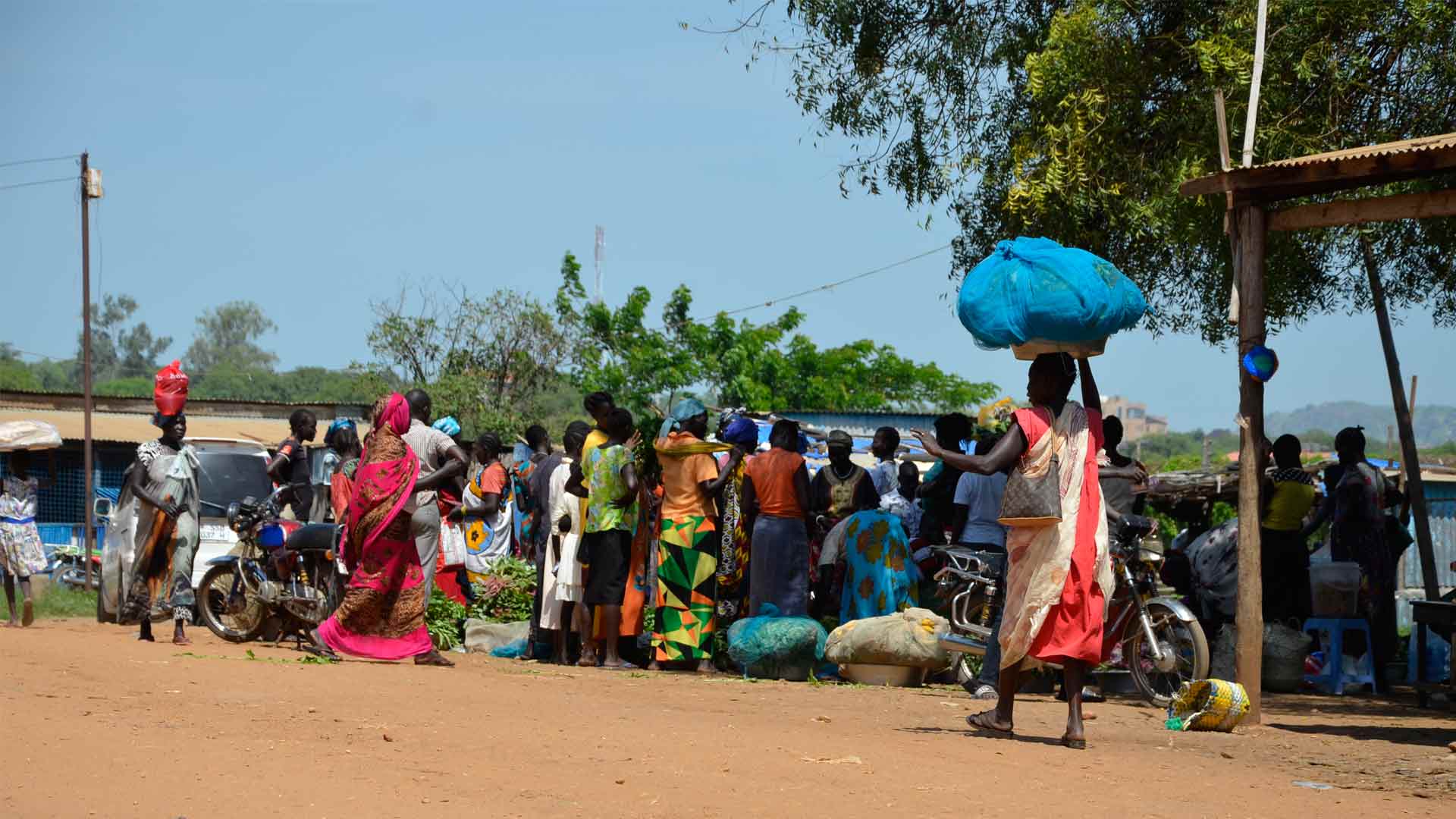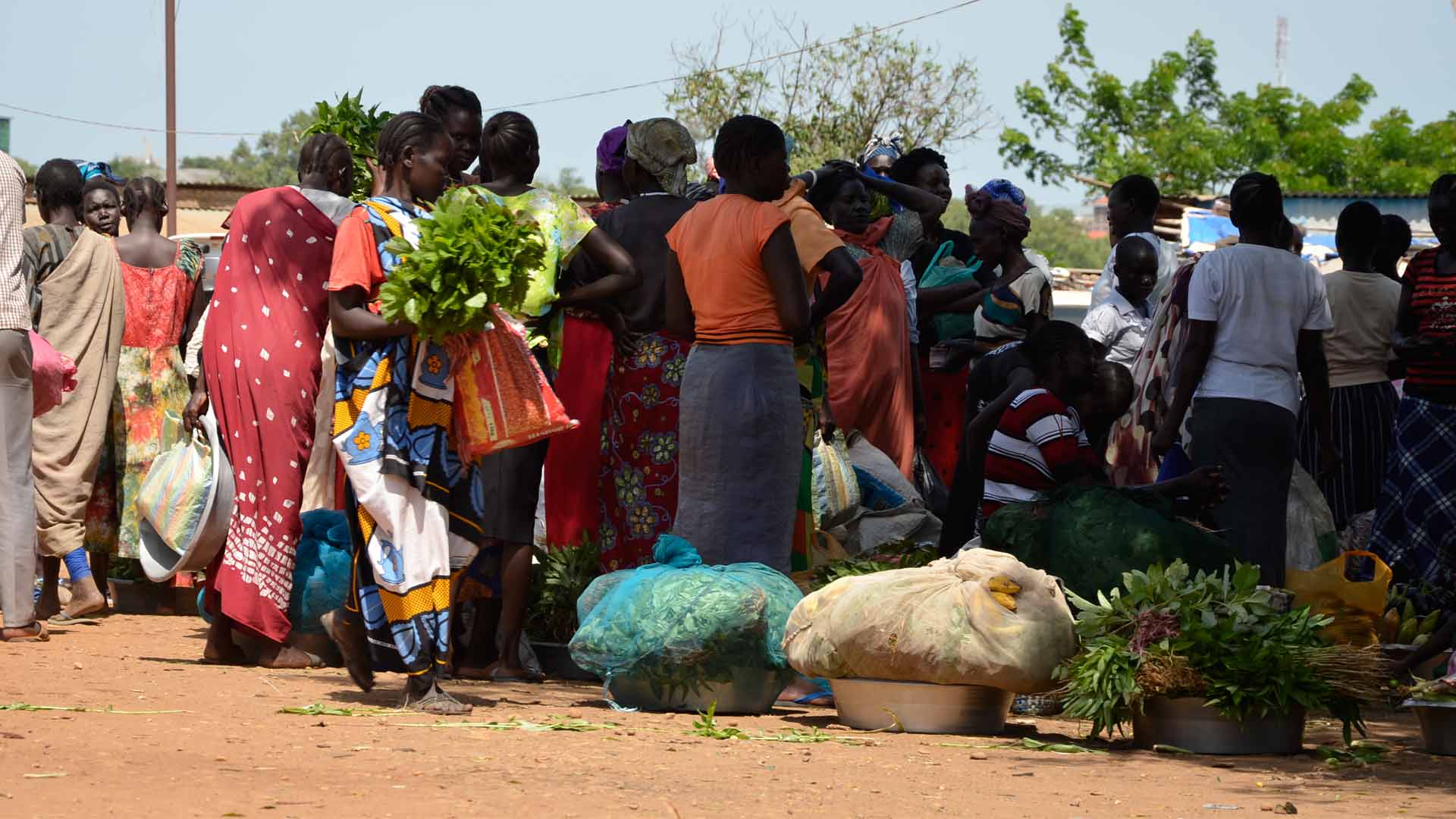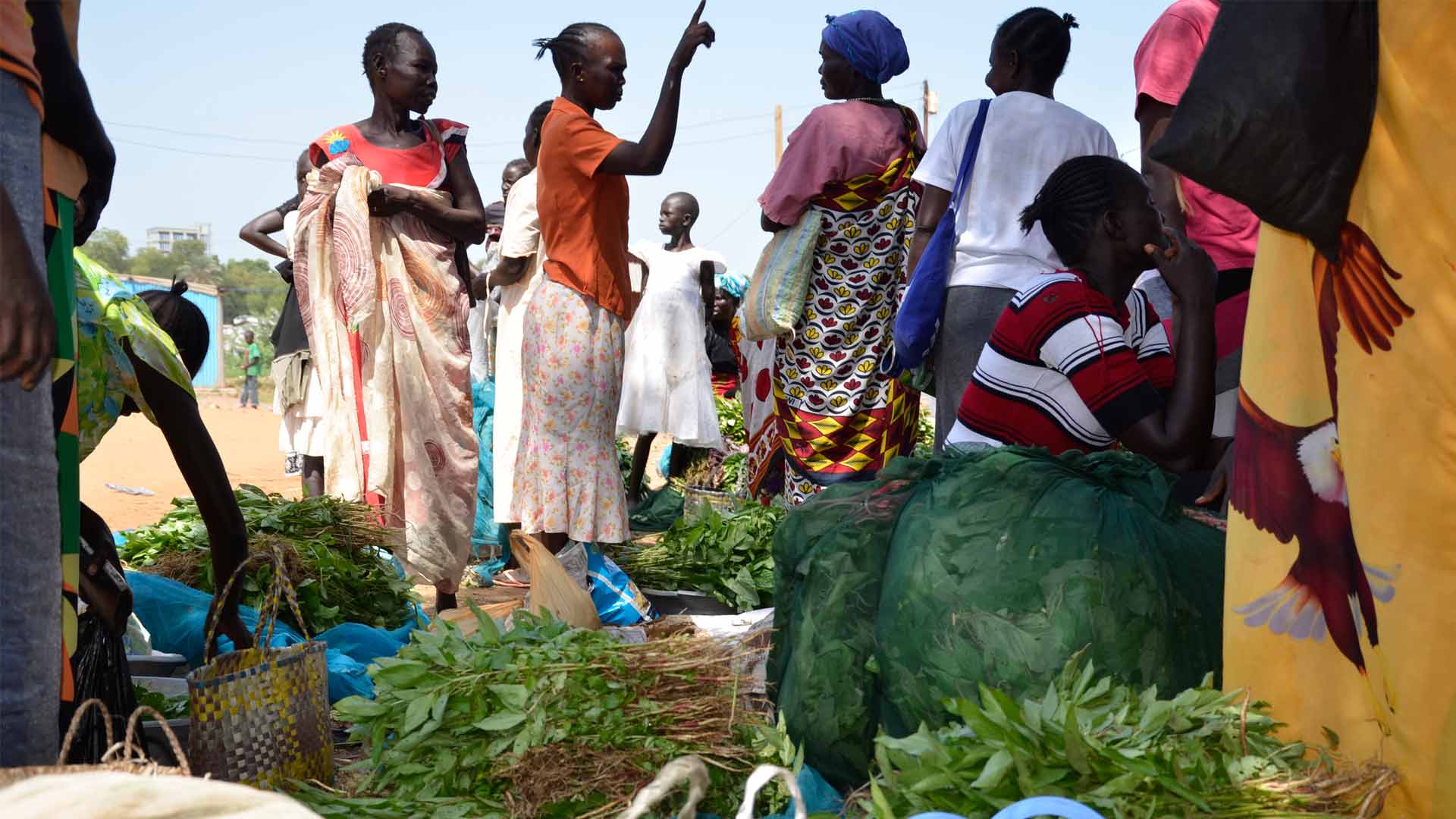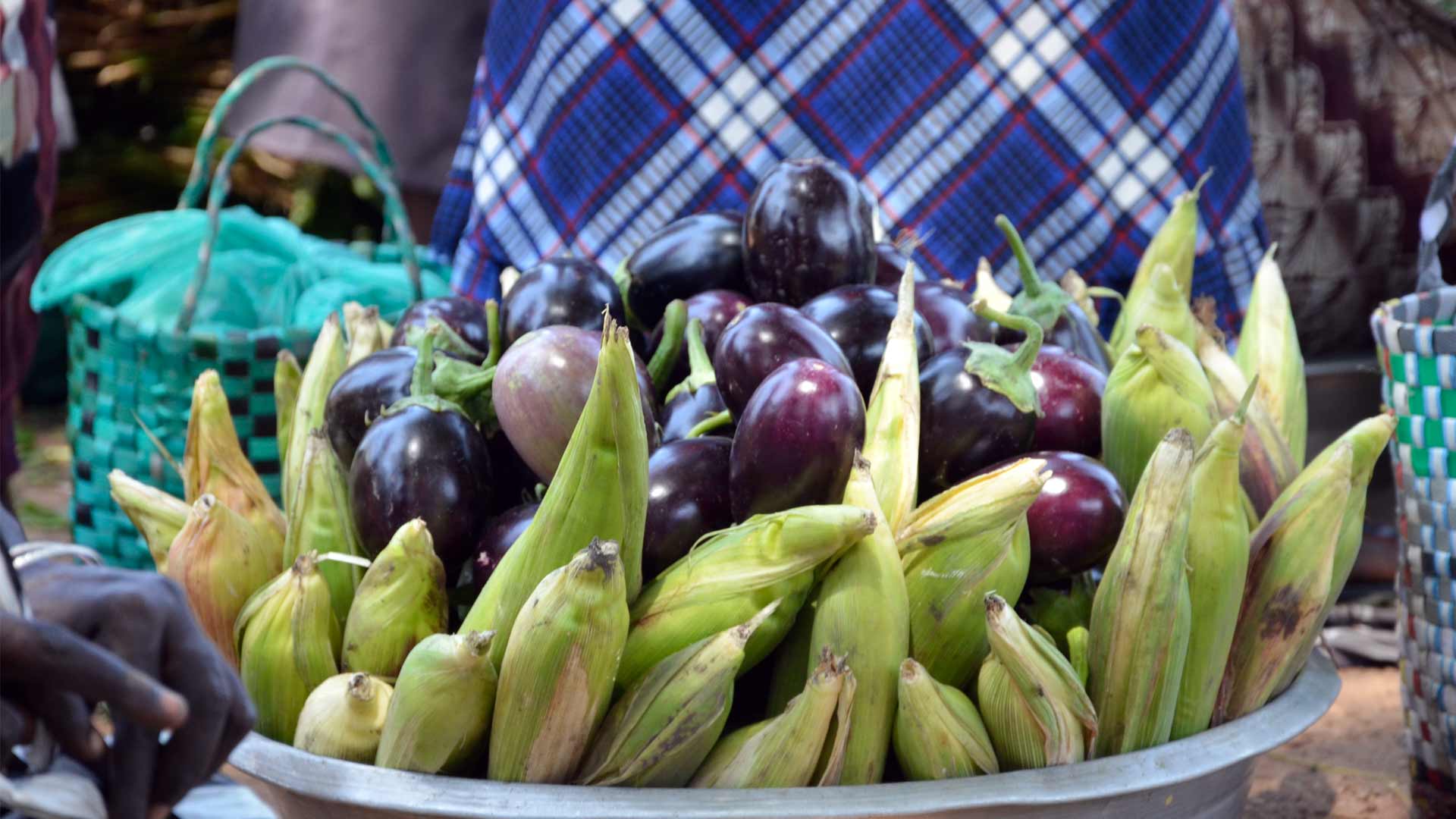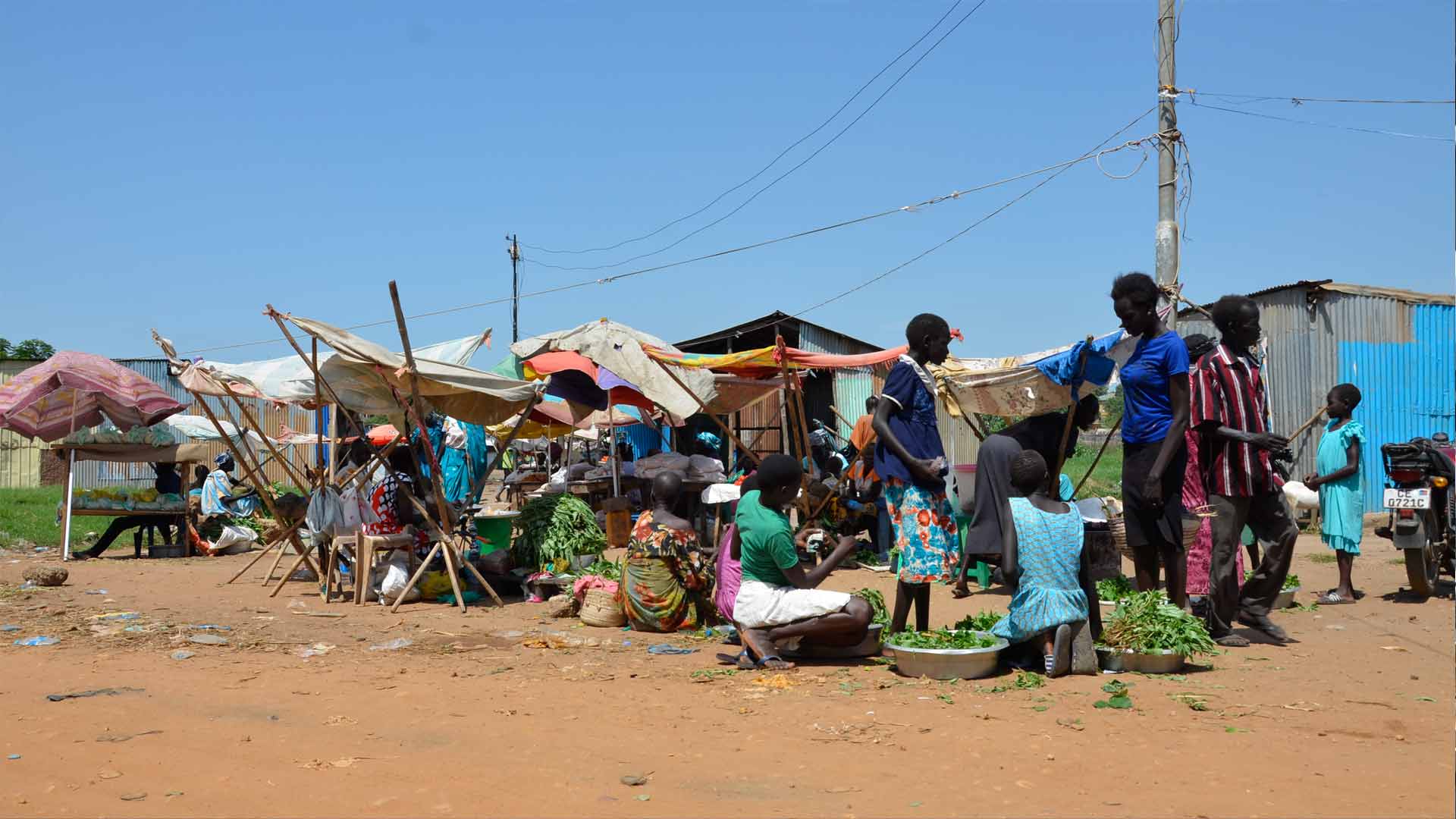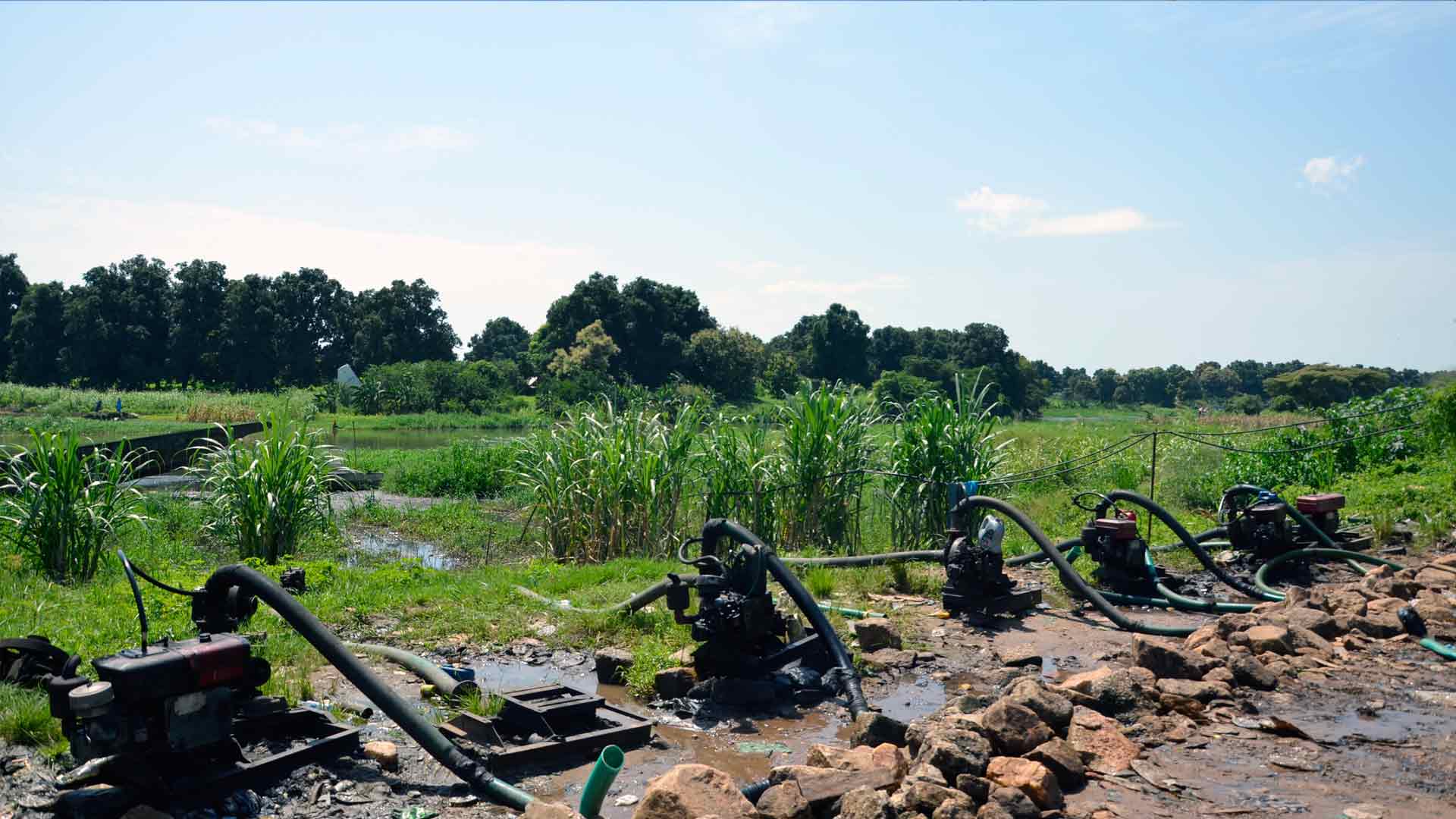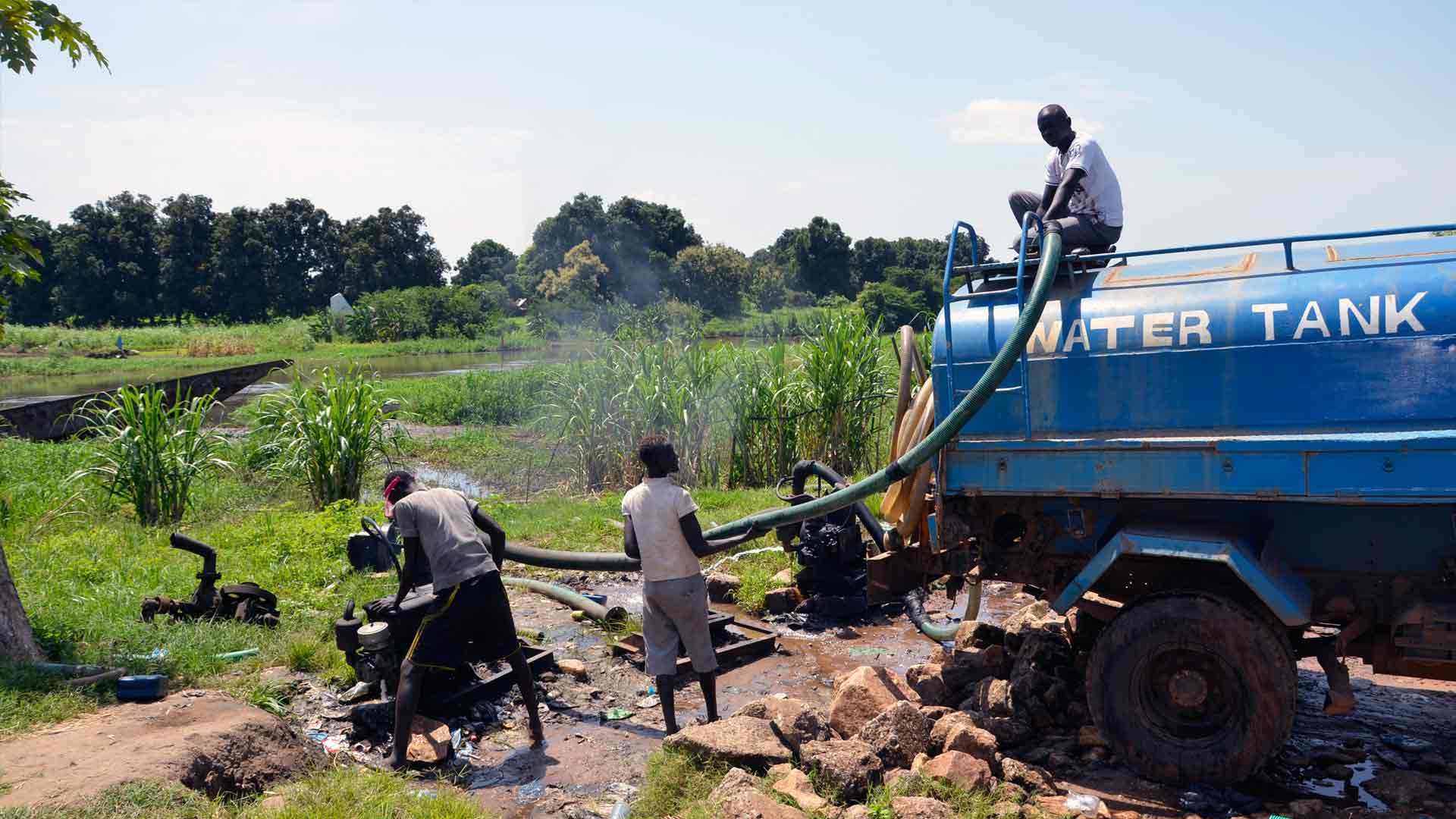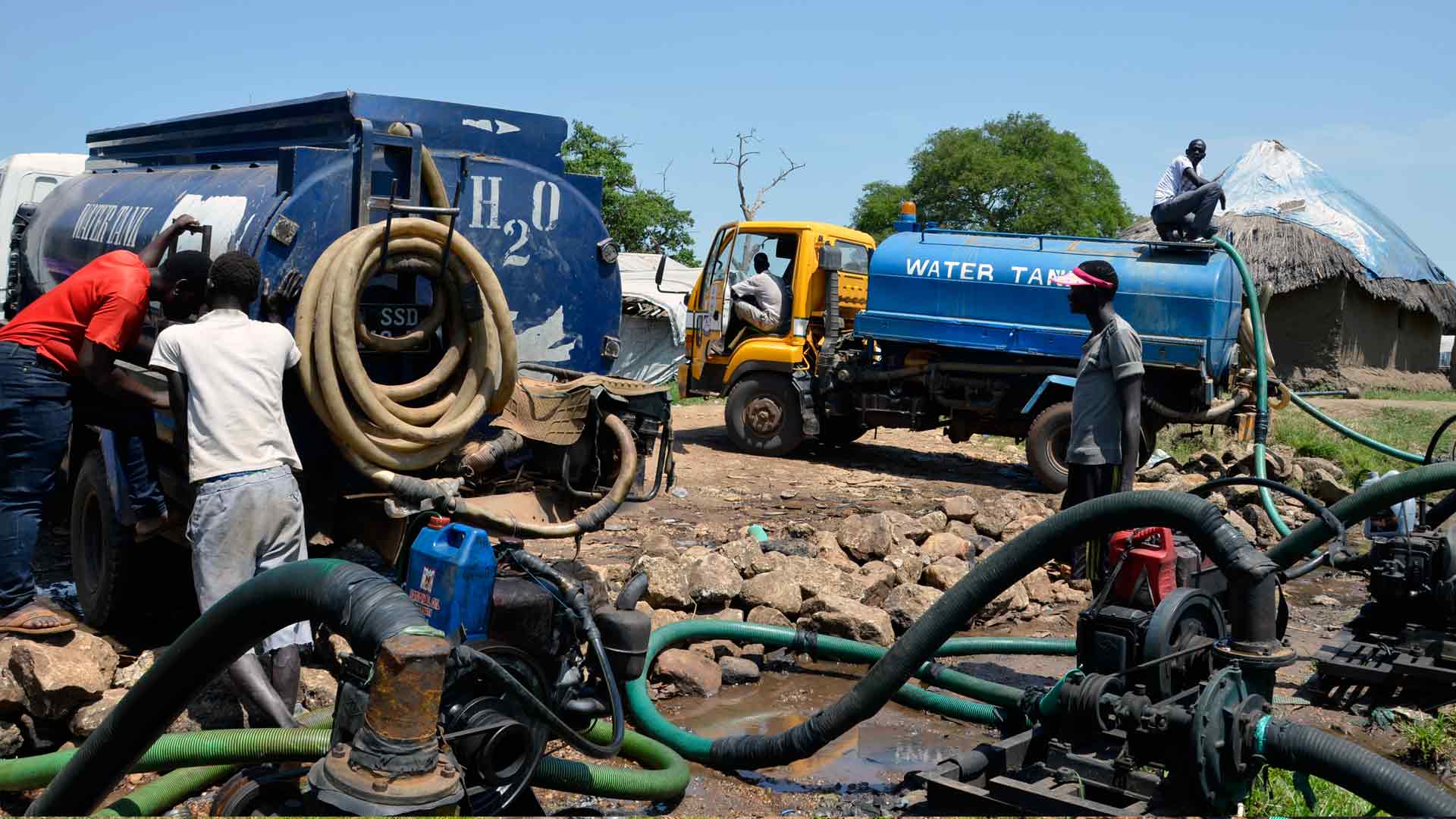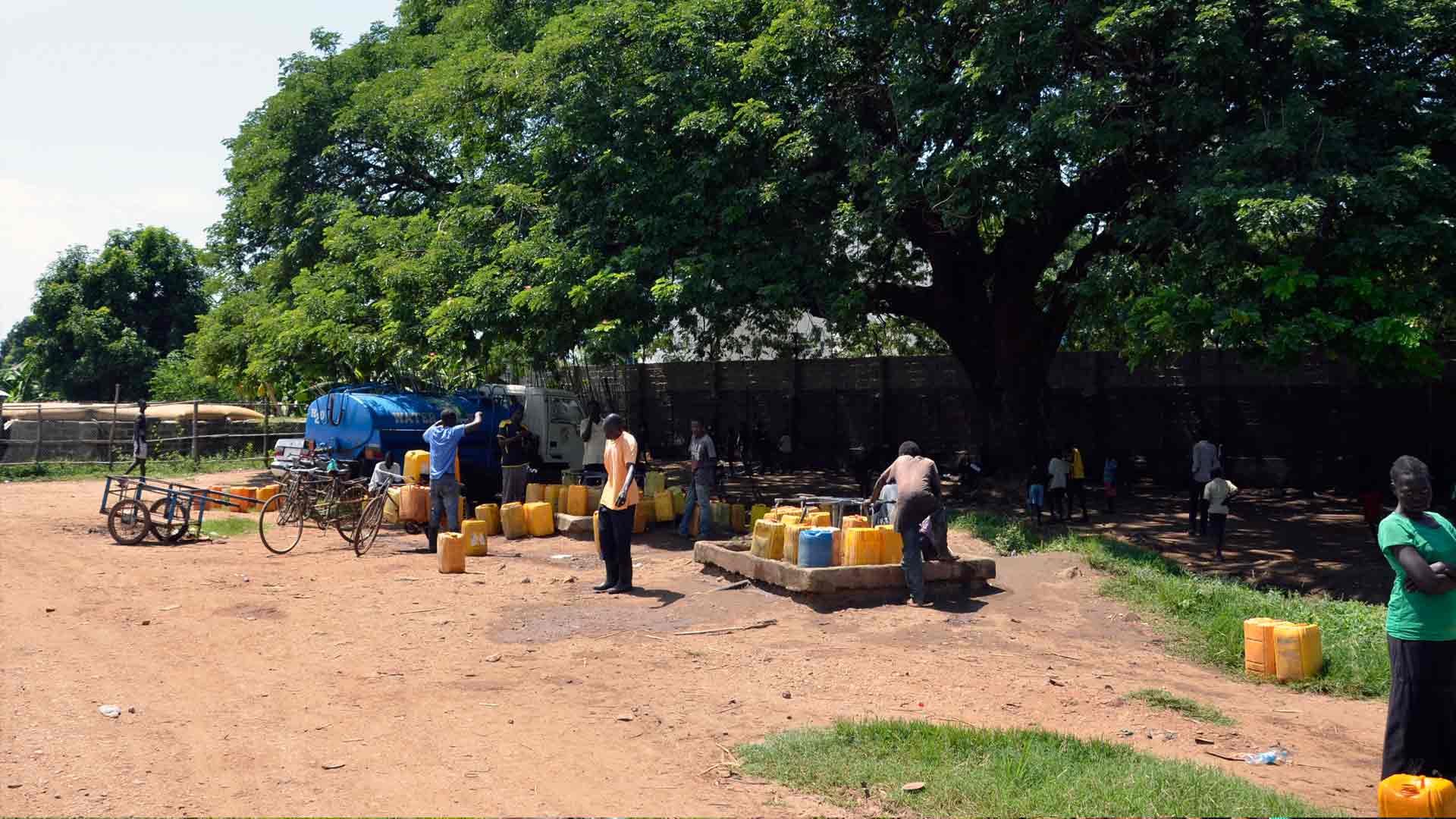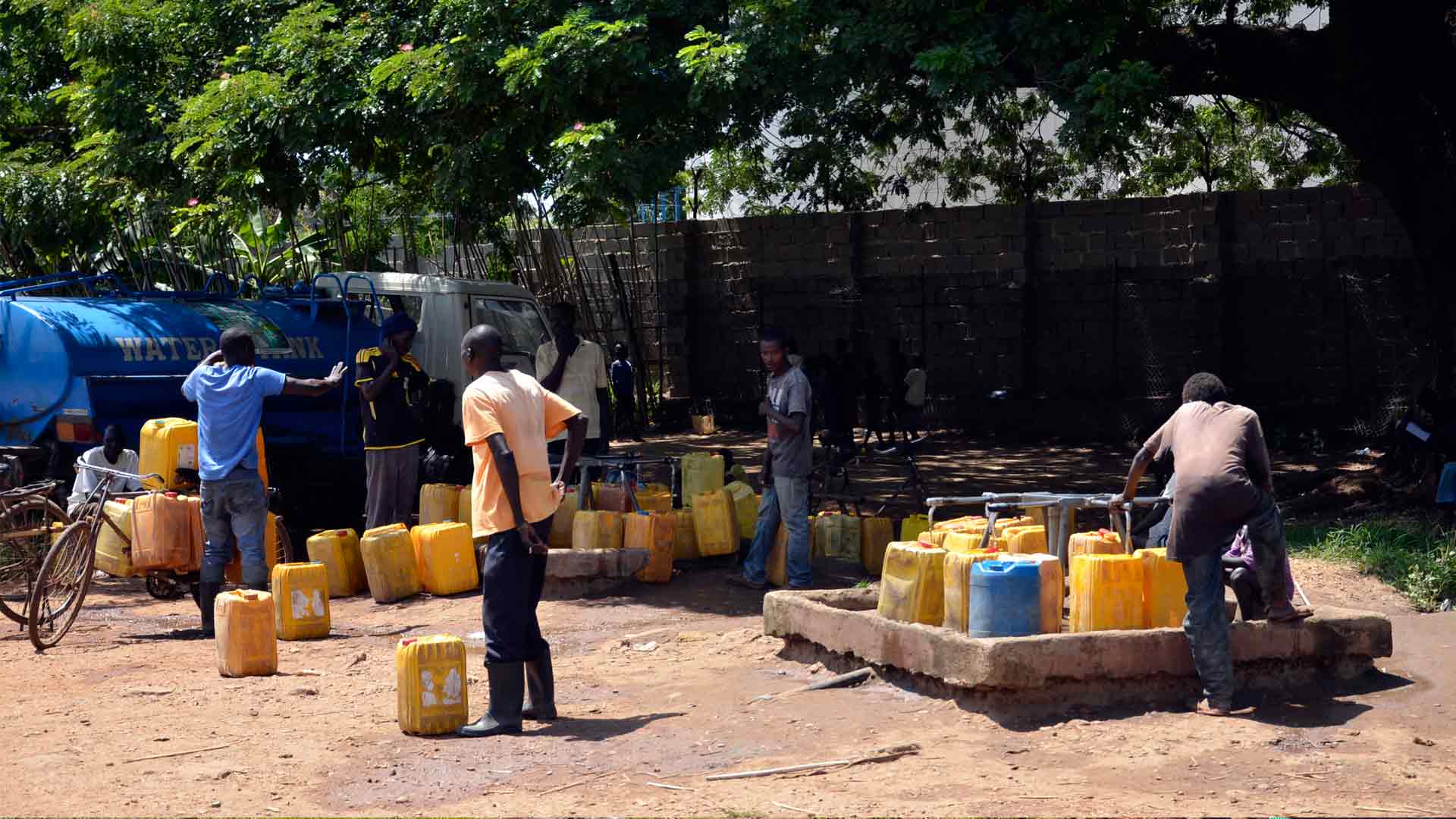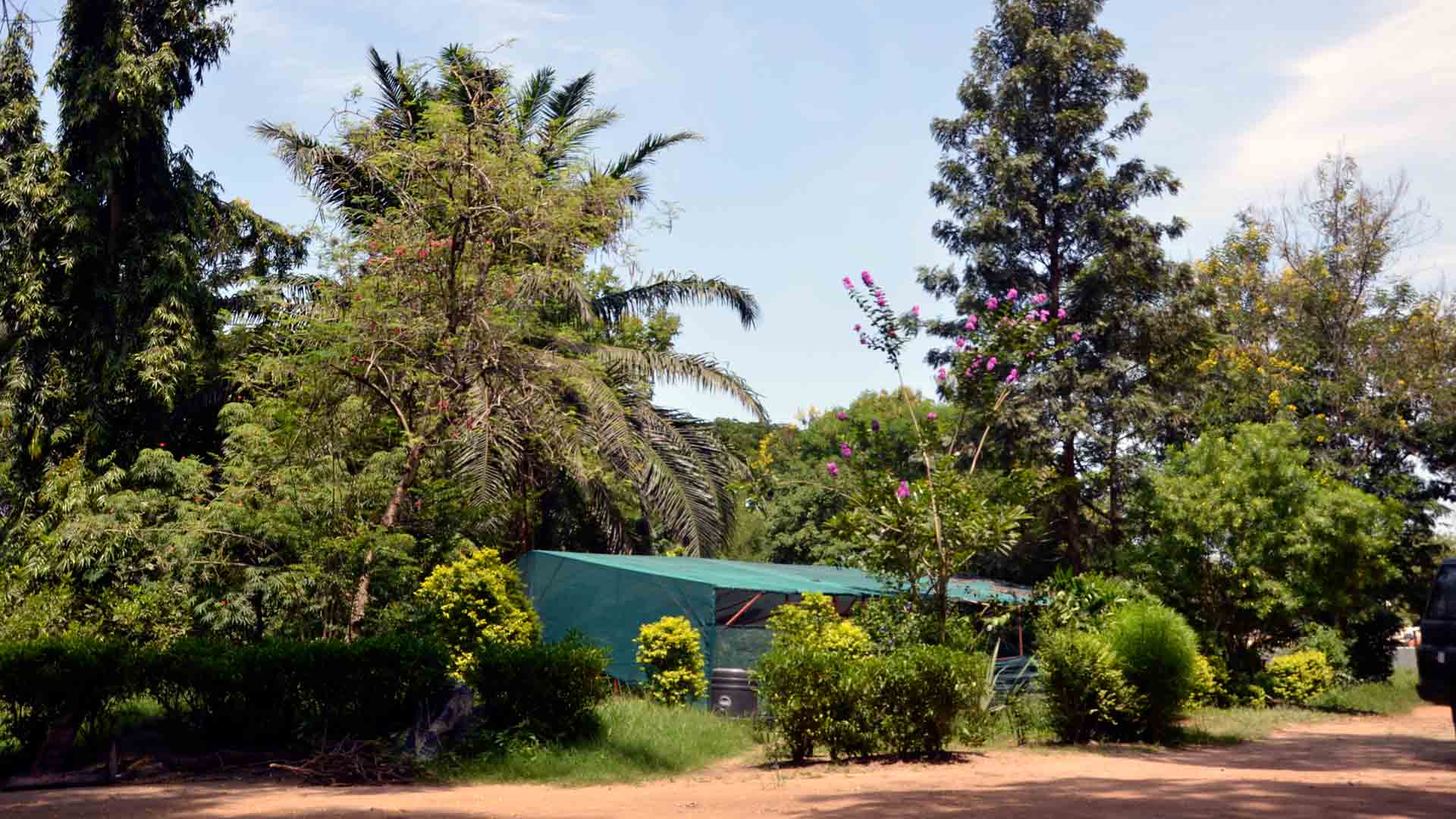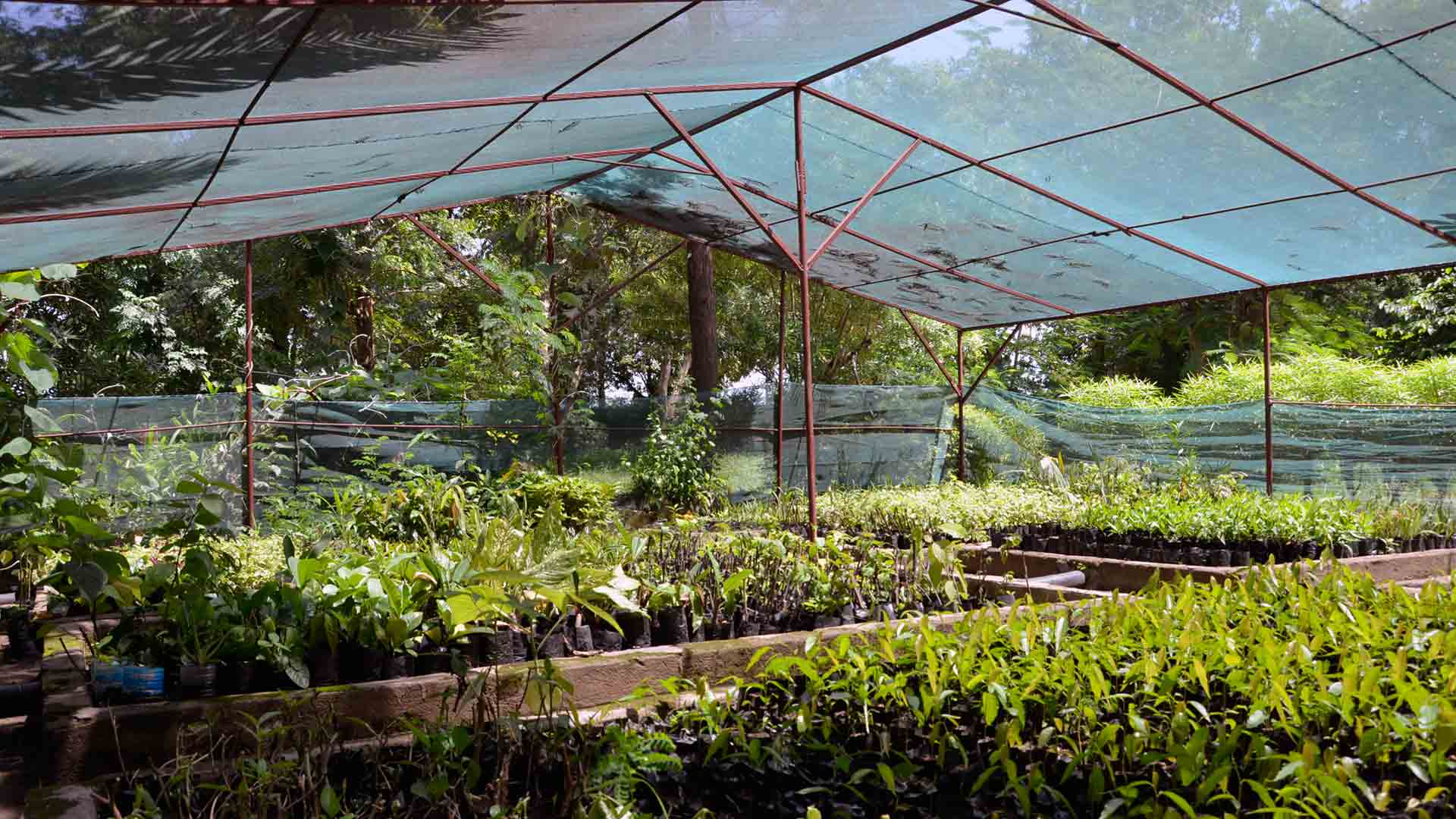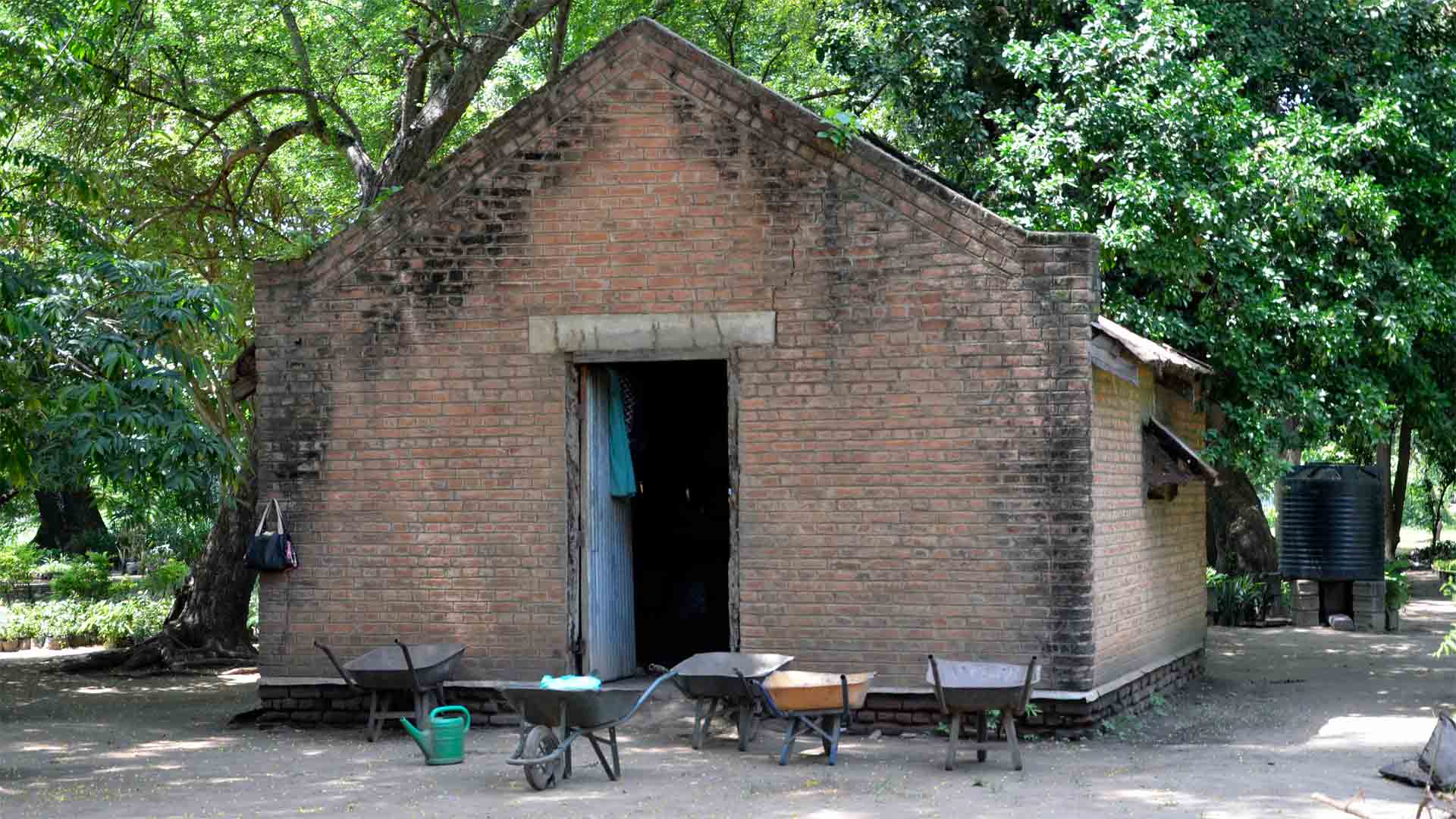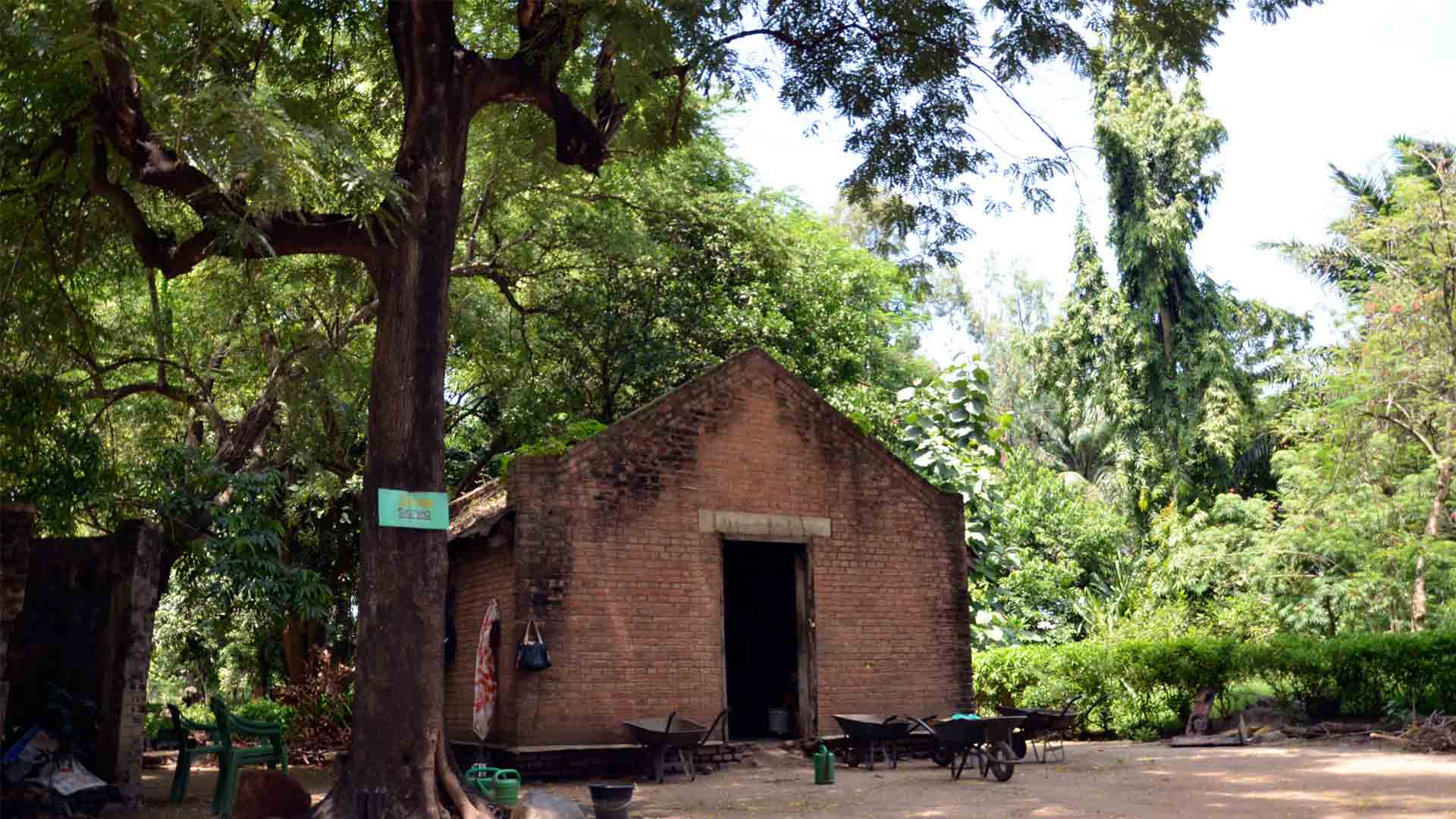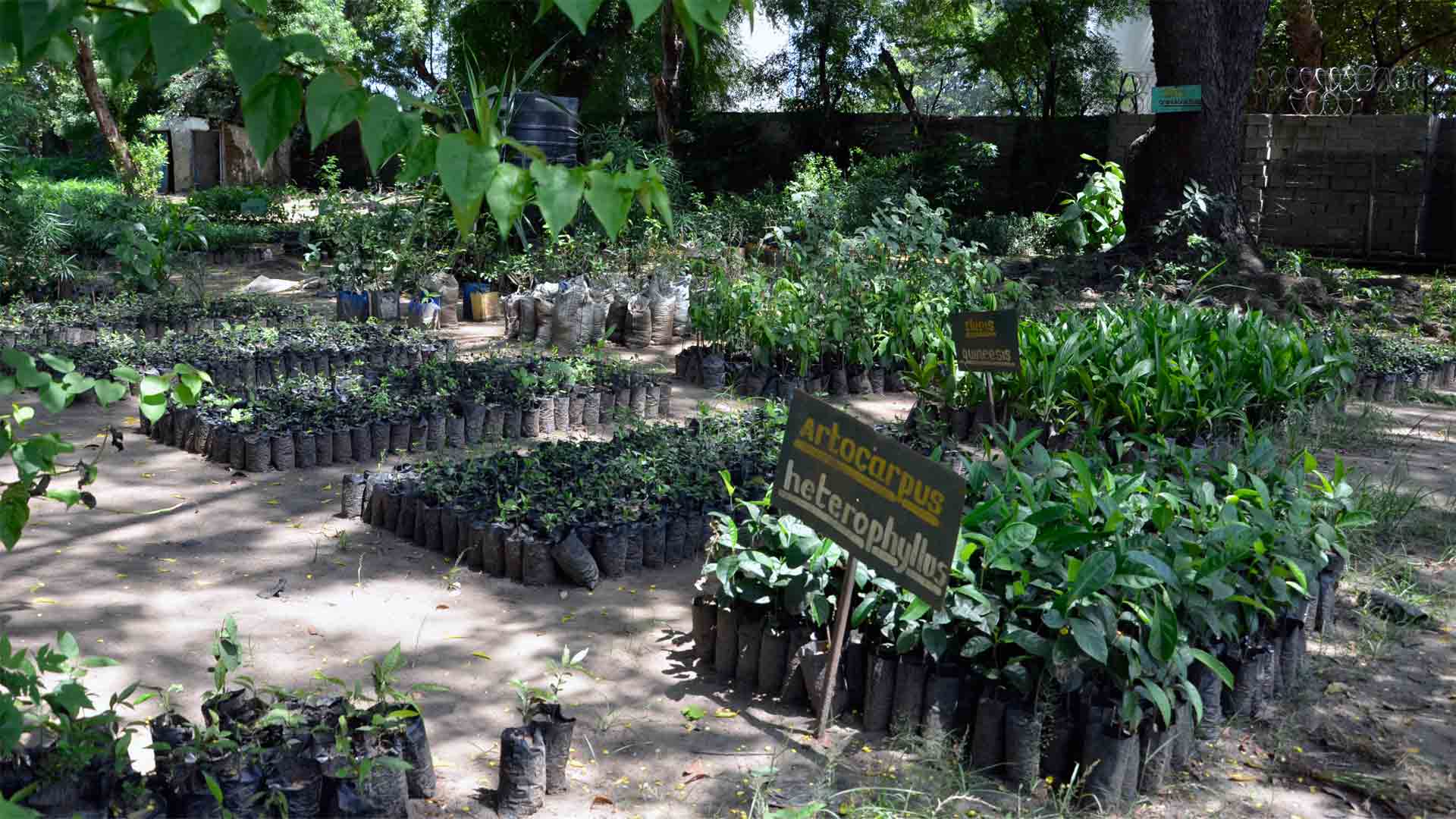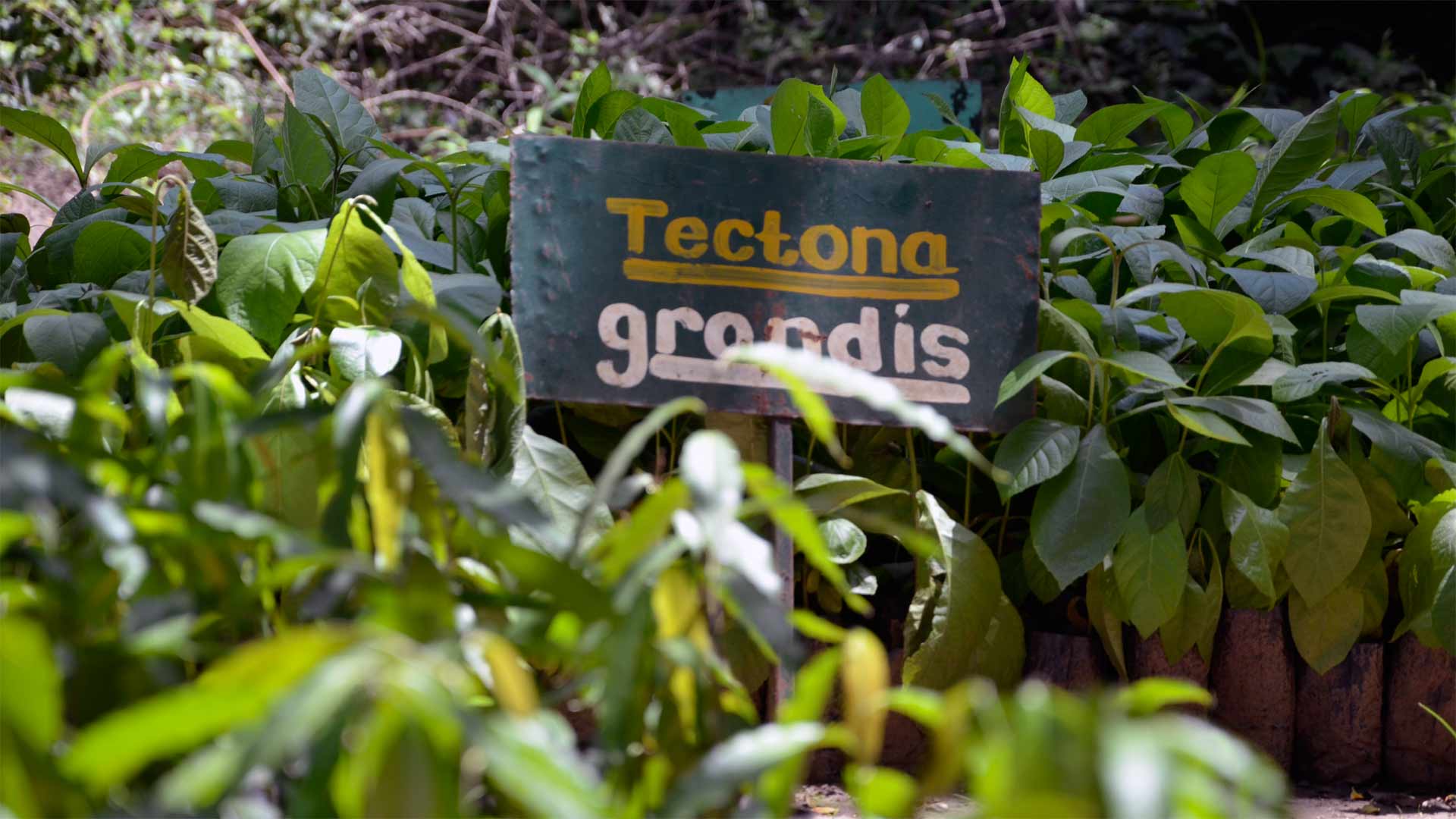Hai Gabat
One of the oldest neighbourhoods of Juba, Hai Gabat draws its name from the Bari word “gaba”, which means “bush” or “forest”. Hai Gabat hosts one important cultural site, the stones of Pita, a place of traditional worship of the Bari people (and that so far we haven’t taken photos of).
Most activities in the area are related to the river.
The tree nursery run by Jubek State’s Directorate of Forestry was established by British colonial officials before 1956 and has been operating until now. Seedlings of trees, plants and flowers grow under the shade of giant mango trees, by the riverside.
Boats are being built at a workshop by the Nile, where barges already in use are docked, awaiting their cargo. They transport cattle, goods, food items and also passengers to northern parts of South Sudan on the White Nile: Terekeka, Bor, Malakal, Fangak.
Local farmers cross the river daily from the island of Gondokoro, carrying fresh agricultural products to the capital’s markets. They sell khudra, korofo, gbwede gbwede, okra, maize, eggplants, cucumbers. The island is the main provider of these local greens to the city, irreplaceable ingredients of traditional dishes to be cooked and served at restaurants all over town, every day.
A plane crashed on the island in 2015, shortly after taking off from Juba’s nearby airport, killing dozens; its remains are still there, partly hidden by the vegetation.
The river bank in Hai Gabat also features one of the pumping stations for water delivery trucks. They line up and operate the mechanic pumps to fill up their tanks, to then go around town and provide water to Juba’s residents. Most households rely on them for their daily water needs, due to the limited capacity of the city’s water plant.
When you continue towards the north, along the river, you enter an area lodged in the thick shade of mango trees. It’s called Walawalang, “where the water moves faster” in Bari. It’s like a small Bari village inside Juba, where every Sunday, families gather around a bowl of beer brewed on spot. This is also where fishermen go working on the river, with their fishing nets, sailing on their small wooden boats.



